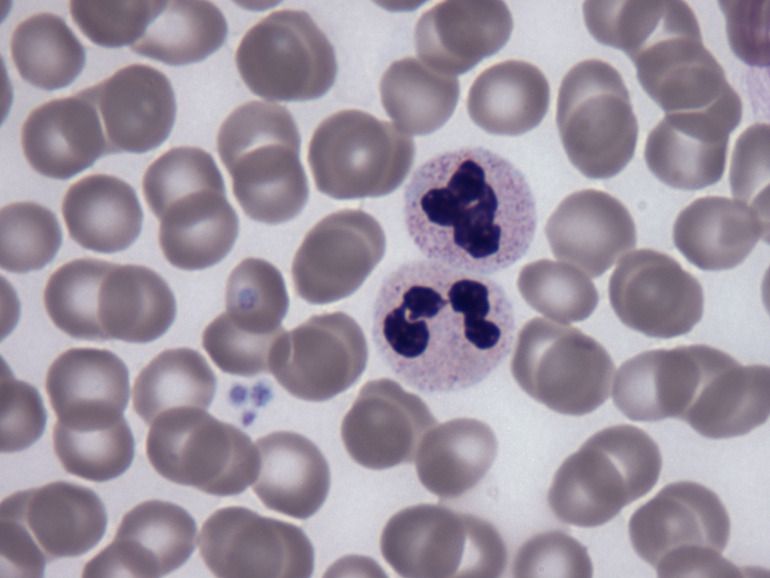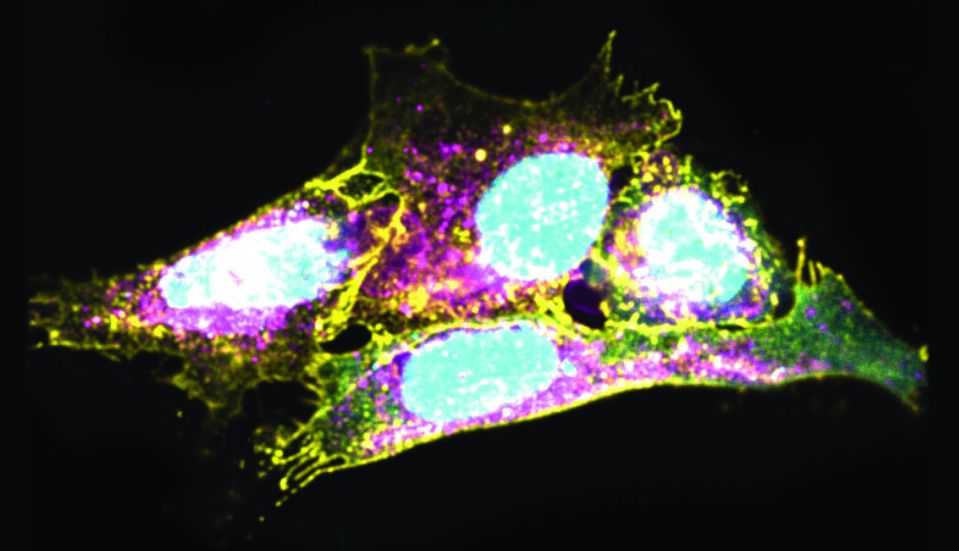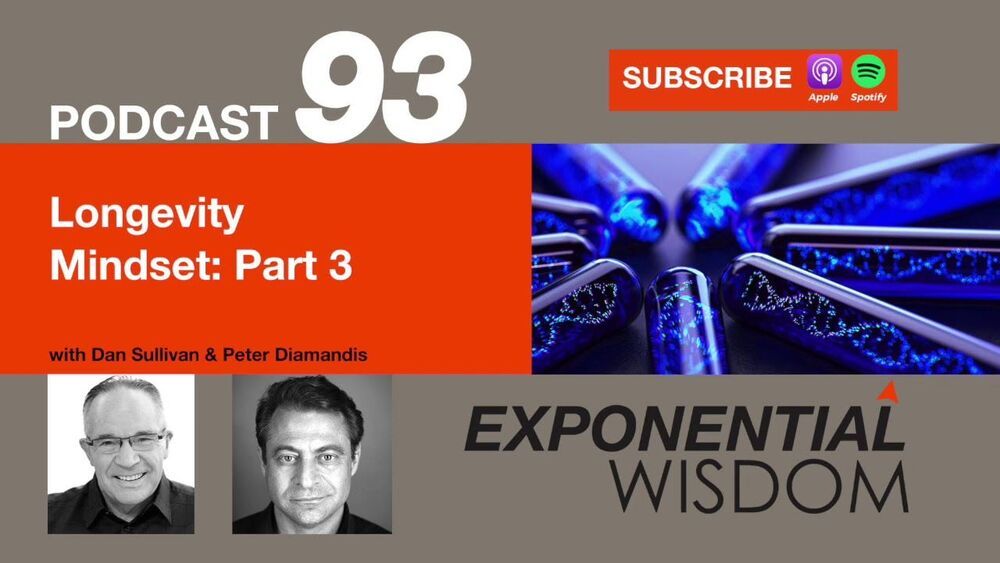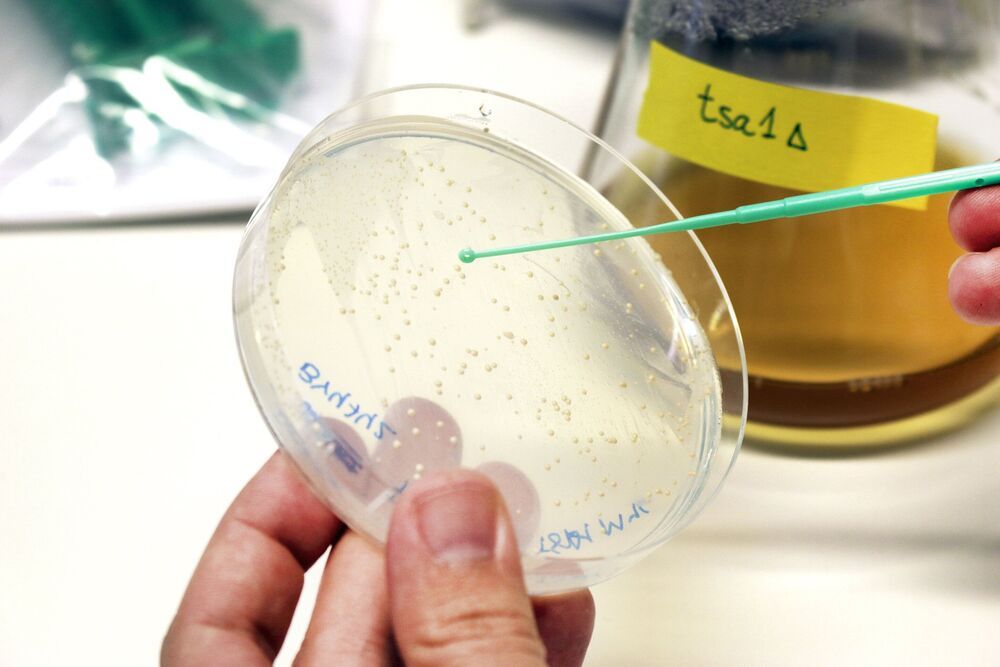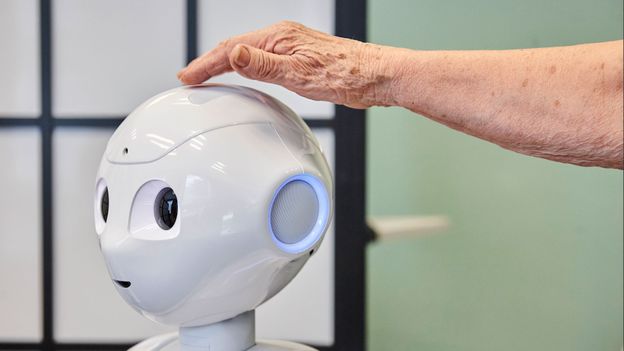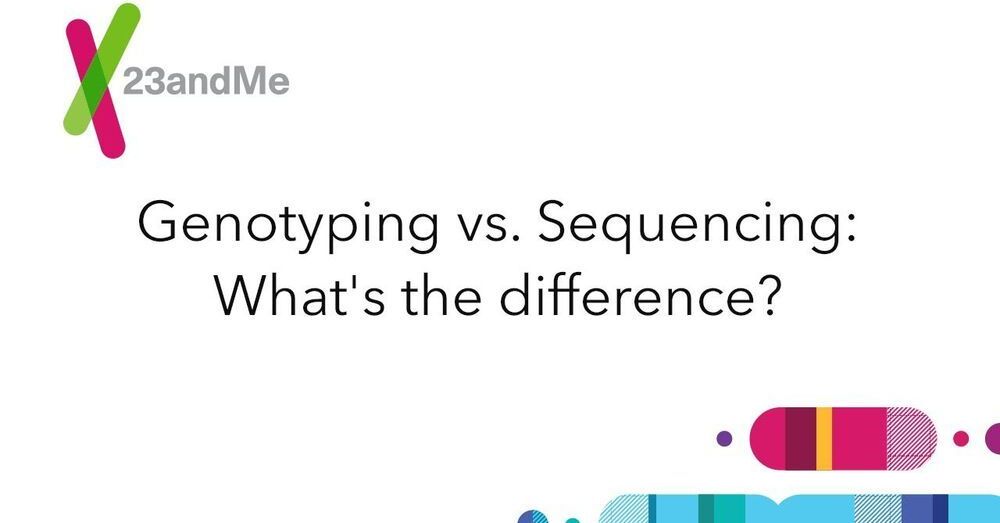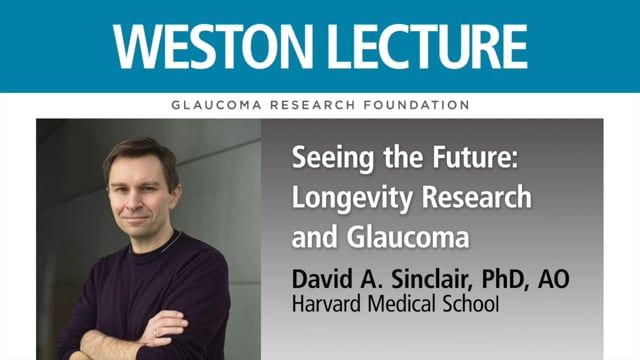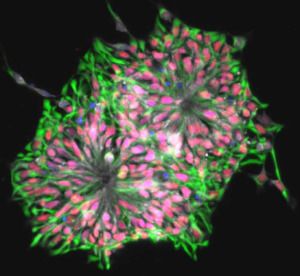
IPSC are derived from skin or blood cells that have been reprogrammed back into an embryonic-like pluripotent state that enables the development of an unlimited source of any type of human cell needed for therapeutic purposes. For example, iPSC can be prodded into becoming beta islet cells to treat diabetes, blood cells to create new blood free of cancer cells for a leukemia patient, or neurons to treat neurological disorders.
In late 2007, a BSCRC team of faculty, Drs. Kathrin Plath, William Lowry, Amander Clark, and April Pyle were among the first in the world to create human iPSC. At that time, science had long understood that tissue specific cells, such as skin cells or blood cells, could only create other like cells. With this groundbreaking discovery, iPSC research has quickly become the foundation for a new regenerative medicine.
Using iPSC technology our faculty have reprogrammed skin cells into active motor neurons, egg and sperm precursors, liver cells, bone precursors, and blood cells. In addition, patients with untreatable diseases such as, ALS, Rett Syndrome, Lesch-Nyhan Disease, and Duchenne’s Muscular Dystrophy donate skin cells to BSCRC scientists for iPSC reprogramming research. The generous participation of patients and their families in this research enables BSCRC scientists to study these diseases in the laboratory in the hope of developing new treatment technologies.
